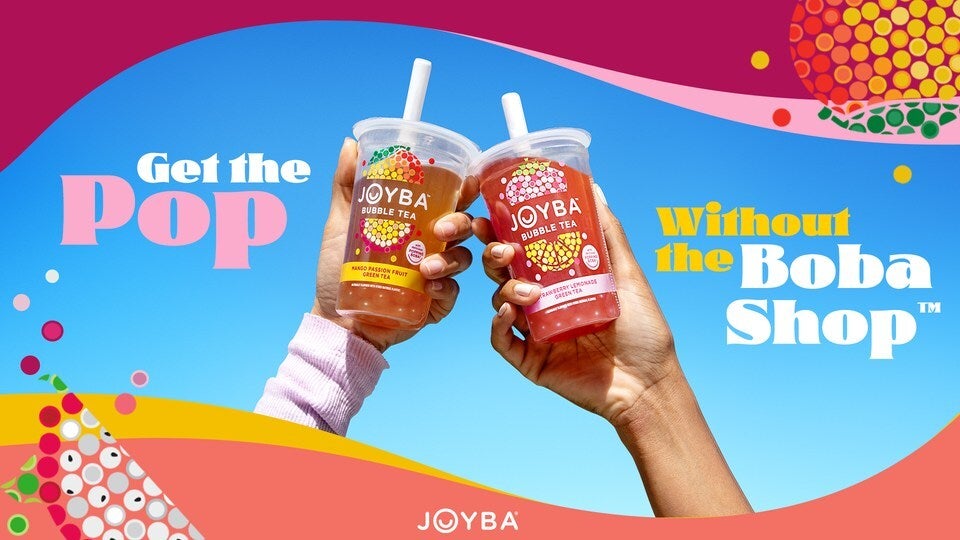How can a century(plus)-old brand fall into the position where Chapter 11 appears the best option to help the business?
That’s the question hanging over Del Monte Foods, the nearly 140-year-old company that this week announced it was entering Chapter 11 proceedings and is looking for a new owner.
“This is a strategic step forward for Del Monte Foods,” president and CEO Greg Longstreet said on Tuesday. “A court-supervised sale process is the most effective way to accelerate our turnaround and create a stronger and enduring Del Monte Foods.”
The company, best known for its namesake brand of canned fruit and vegetables, has been owned since 2014 by Singapore and Philippines-listed Del Monte Pacific.
Based in California, Del Monte Foods is also home to brands including College Inn broths and stocks and Joyba teas. With sales having recently come under pressure, laden with excess inventory and carrying debt from the Del Monte Pacific deal, the company has struck a “restructuring support agreement” with creditors to pursue a “going-concern sale process for all or substantially all” of its assets.
Del Monte Foods says it has secured a commitment from its lenders for $912.5m in debtor-in-possession financing to keep the business going while a potential suitor is sought. It includes $165m in new funding, which is subject to court approval.
The group has four factories – two in the US and two in Mexico. In May, the company shut a plant in Washington state. The closure followed three others last year.
“With an improved capital structure, enhanced financial position and new ownership, we will be better positioned for long-term success,” Longstreet added.
It’s important to note that Del Monte Foods is distinct from the publicly listed – and fresh-foods-focused – Fresh Del Monte Produce. That company felt compelled to issue its own statement yesterday to underline it’s not affiliated to Del Monte Foods.
“Fresh Del Monte Produce Inc.’s financial or operational performance is not impacted by that separate, unaffiliated company’s announced legal or financial proceedings,” it said. “The company remains financially strong, strategically aligned, and committed to delivering long-term value.”
Fresh Del Monte Produce does own the Del Monte brand for prepared food products in Europe, Africa, and the Middle East – but Del Monte Foods holds the rights to the Del Monte brand for prepared food products in the US.
And therein lies part of the reason for Del Monte Foods’ woes. The company’s range of shelf-stable products appeal less to the rising number of consumers in the US who are looking instead for minimally-processed, fresh-cut options.
For Eddie Pearson, partner at US consultancy BeyondBrands, Del Monte Foods’ move into Chapter 11 “isn’t just a bankruptcy story – it’s a snapshot of how quickly consumer preferences are rewriting the food aisle”.
“After nearly 140 years of keeping America shelf-stable, the iconic canned food brand is restructuring. Why? Because consumers have officially broken up with the can opener,” Pearson wrote on LinkedIn this week. “The modern shopper wants fresh over shelf life, organic over artificial, farmers’ market vibes over ‘non-BPA liner’ labels. Sure, Joyba bubble tea is still having its moment. But canned peaches? They’re getting ghosted.”
Del Monte Foods may also have been squeezed in a different way. Those US shoppers who are regular buyers of its type of canned fare may, in recent months, have been more attracted to the lower-price offerings sold under retailer own labels, especially at a time when consumer confidence has been under pressure.
The company does manufacture products for US retailers’ own labels but, as the Chapter 11 filings conceded, that side of the business “has contracted substantially” after the recent plant closures.
The recent tension over tariffs, especially the cost of inputs to make cans, would likely not have helped either. US industry body Consumer Brands Association has been vocal in its concerns about the US move to put tariffs on steel and aluminium.
On top of all that, Del Monte Foods has held excess inventory in the wake of the Covid-19 pandemic. The company’s sales were boosted during the worst of the pandemic amid the spike in at-home consumption and the temporary flight to well-known and staple brands. That elevated demand did not last.
Then there are internal factors. Del Monte Foods has carried a pile of debt from the sale to Del Monte Pacific more than a decade ago. In the company’s Chapter 11 filing, it said its annual cash interest costs stood at $66m in its 2020 fiscal year – but jumped to $125m in fiscal 2025 as its capital structure was refinanced and interest rates increased.
In the wake of Del Monte Foods’ statement on Tuesday, the price of Del Monte Pacific’s shares listed in Singapore fell. Del Monte Pacific sought to underline its Asian and other international businesses continue “to perform well, with resilient consumer demand, supported by a strong and stable supply chain”. The company added it is evaluating the potential impact of the Del Monte Foods’ bankruptcy process, including any impairment charges that would have to be disclosed in future reporting.
Nonetheless, according to Del Monte Pacific’s annual report for fiscal 2024, Del Monte Foods accounted for 70% of its parent’s sales.
And those in logistics will be watching the situation closely. Logistics groups including CHEP USA, Saddle Creek and Uber Freight (as Transplace) are listed in the filings as creditors.
"During the court-supervised process, Del Monte Foods will continue to fulfill customer orders across our portfolio of beloved brands during this process,” the group said. “The company will have sufficient liquidity to continue paying vendors and suppliers for goods and services provided after the filing date. Our team remains focused on delivering high-quality food products that are healthy, delicious and convenient.”
What lies further ahead remains to be seen.









